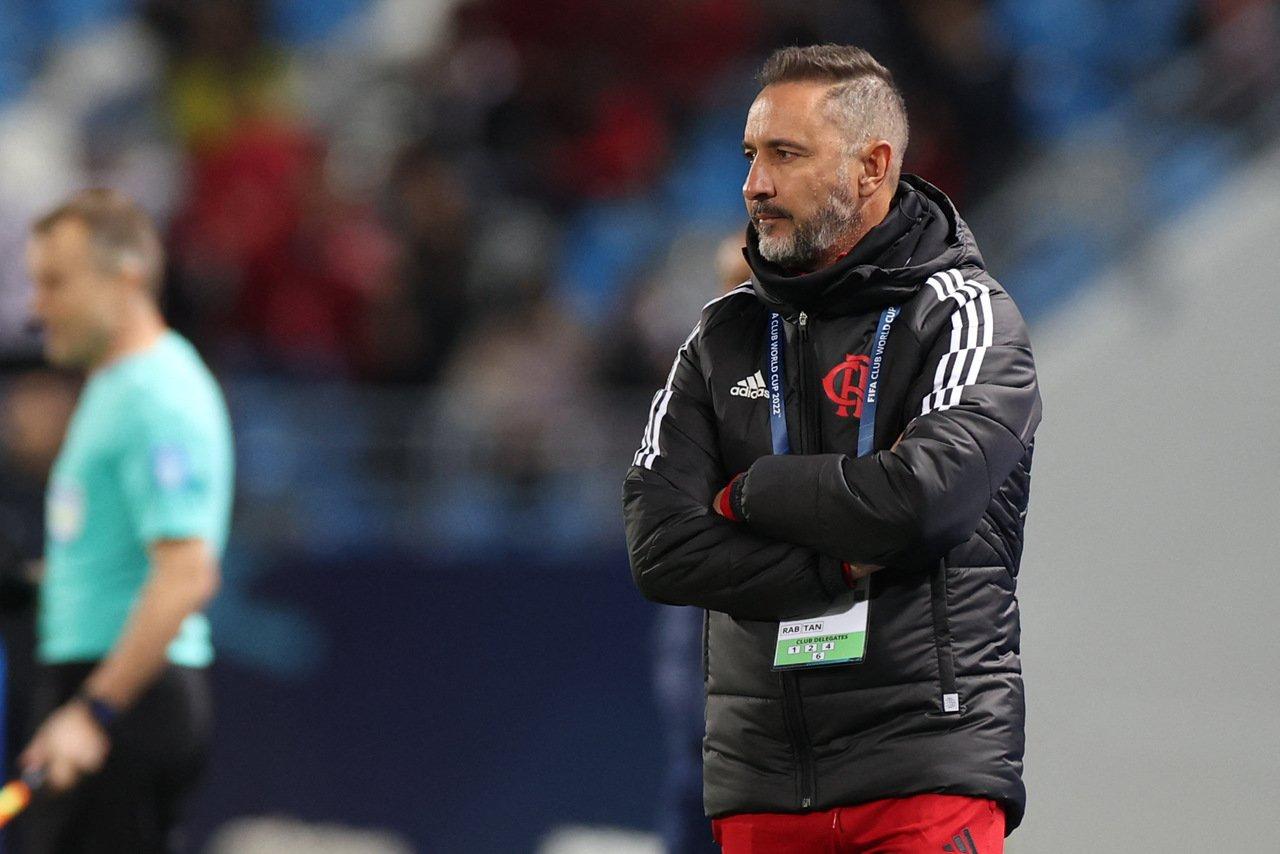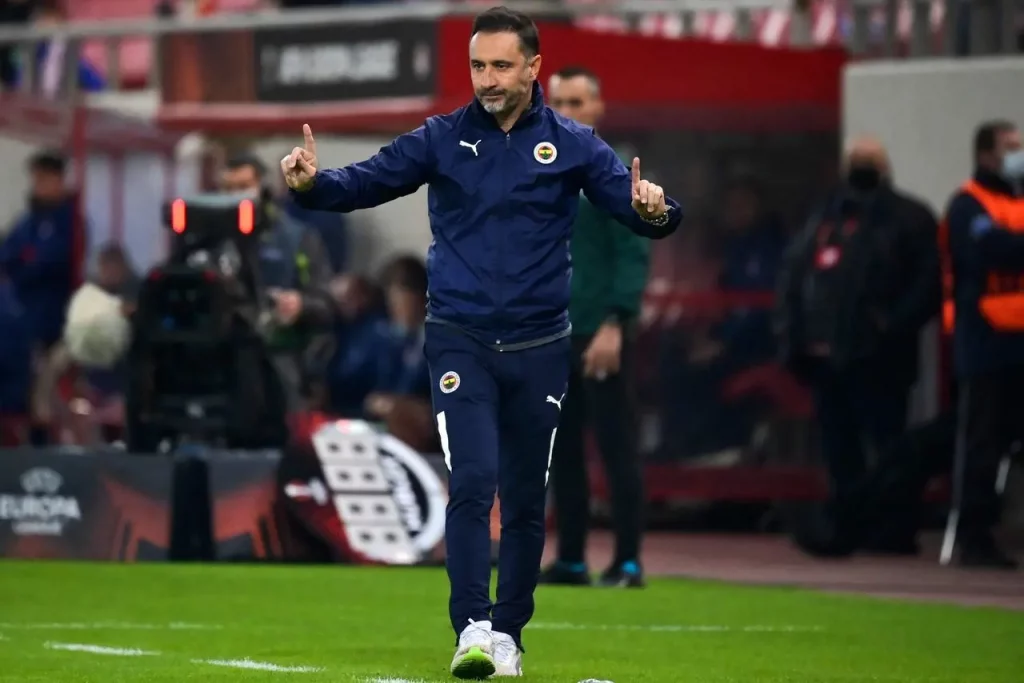Author: Dhruv Patil
In a frank interview during a soccer discussion event in Porto, Portugal, former Corinthians and Flamengo coach Vítor Pereira expressed his concern about the state of education in Brazil, especially in the field of soccer. The Portuguese coach, who has spent just over a year working in Brazil, highlighted what he considers to be a general lack of education in the country and how this manifests itself in the world of sport.
Pereira’s criticism, although not directed at any specific soccer sector, was aimed at a broader picture, suggesting that the problem extends throughout Brazilian sporting culture. He lamented the excessive emotionalism that surrounds soccer in Brazil, a phenomenon that often leads to unrealistic expectations and a lack of patience.

One of Pereira’s main observations was the intense pressure faced by coaches and teams in Brazil. He said that projects in Brazilian soccer are usually short-lived, with the expectation of almost immediate success. He argued that this pressure can be detrimental to the development and long-term success of clubs. Pereira described the situation as “either there are immediate results, or the project is over”, highlighting the impatience that permeates Brazilian soccer.
Although Pereira did not explicitly regret his experience in Brazil, he expressed his surprise at the unique challenges and expectations faced by technicians in the country. He mentioned that, even after training at top clubs around the world, the emotional intensity and pressure in Brazil caught him off guard.

The issue of “lack of education” in Brazilian soccer is multifaceted. It covers not only the conduct of players and coaches, but also the reactions of fans, the media and the club’s management. This intense atmosphere can make it difficult for individuals involved in soccer to focus on long-term development and strategic planning.
It is important to note that Vítor Pereira’s comments were not a blanket condemnation of Brazilian soccer, but rather a reflection of the unique challenges faced by those involved in the sport in Brazil. As Brazilian soccer continues to evolve and adapt to global standards, addressing these issues of education, patience and rationality could be essential to the long-term success and development of the sport in the country. Only time will tell whether Brazil’s passionate soccer culture will be able to find a balance between its emotional intensity and the need for sustained growth and success.


